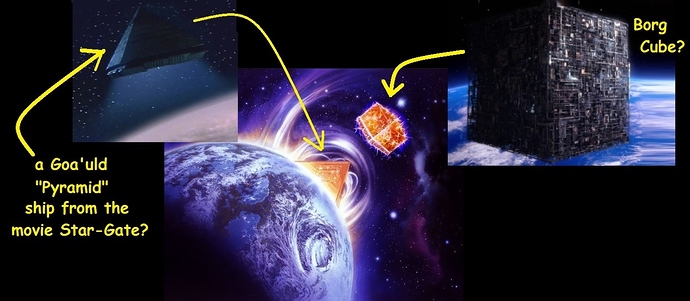@BradKramer
@Swamidass
Thanks for dealing me into the game, Brad. I agree with you that treating “good” and “perfect” as contradictory is unduly harsh. Context is everything: “Only God is good” on Jesus’s lips clearly suggests perfection, but the Bible still describes “good men”.
But I agree with Joshua that the Genesis text does not imply earthly perfection (what would it even mean apart from a subjective wish-list?). Though I haven’t researched that “perfection” directly in the history of theology, the work I did on the “fallen creation” for my e-book “God’s Good Earth” (plug) shows that the idea didn’t appear in theology till late, which I document in ch5 (and the later period in ch6).
Basically, early interpreters were pretty agreed that what changed in the Fall was man, not the natural world, although some of them added the idea that under God’s providence nature began to be used as a judgement on man as well as a blessing (so the rain remains good, even when God directs it in judgement in the Flood).
Thus theologians described in what ways it was “good” that there were fierce carnivores, thorns and so on. Some, like Augustine, stressed the goodness of the totality over our limited viewpoint. Some spoke about the didactic nature of what we might call “evils”, teaching us the good. But nobody taught that nature went from good to evil because of the Fall.
The idea that nature became deformed by the Fall only arises, somewhat surprisingly, in Reformation writers after 1500, and it grows thereafter to become what people wrongly call the “traditional view” of a satanically corrupted creation, only really in the 18th and 19th centuries. It becomes especially marked in the growth of Fundamentalist Creationism in the US.
That seems to be the broad data, and I hypothesize (in the book), as a possible explanation, that the Renaissance glorification of man, summed up in the prevalent Prometheus Myth, was specifically rejected by the Reformers. But in seeking to restore again the evil of man’s fall, as opposed to his becoming mature and free through it, they exaggerated the cosmic effects. Much as Pandora (in the Prometheus myth) messed up everything, so Adam ruined the whole creation. In that context, it seems logical to oppose the shortcomings perceived in the present world to an ideal perfect Edenic world.
The Greeks (again in the Prometheus cycle) pictured an idyllic golden age, which they may even have borrowed from the Hebrews, originally:
There was first a golden race of mortal men who lived in the time of Cronos when he was reigning in heaven. They lived like gods without sorrow or toil, and they did not know Old Age. And although they died, it was as if they were overcome with sleep. It is said that the earth bare them fruit abundantly and yielded without compulsion all needful things. For spring was everlasting, streams of milk and nectar flowed, and honey was distilled from the oak.
But actually the biblical picture isn’t quite like that (I’m doing some work for a blog on that at the moment). If one takes the Eden story to rest on a historical core (a position I favour for various reasons), what is pictured is actually a real, particular and quite ordinary geographical land of Eden, in a recognisable wider world, with something rather special in a very localised garden planted by God.
Even that sheltered “garden of God” is described by the Genesis author in Gen 13 as like the plain of the Jordan or the delta of Egypt, and not like some unearthly Shangri-la. We temperate-climate types might find it rather hot. The garden is indeed an unusually good place (having access to eternal life in it!), but I’m coming round to thinking that the “paradaisical” aspect of it is intended to be because of (a) the innocence of man, and (b) the unusual presence of God in intimate relationship to them.
When sinful reality bites, the only physical change is exclusion from a garden - their life becomes tougher even within the land of Eden. But relative separation from God is the real loss of perfection.
In this way the goodness of the earth can be the goodness many of us find in any of the varied places we call home - I can’t imagine anywhere better to live than my Devonshire hills, whereas I can find web-pages of southern Iraquis boasting that their haven of palm trees and canals is the original Eden. “Paradise” could, plausibly, exist in any of those homelands, if we were all free of sin, and in unbroken relationship with God - especially that mysterious tree of eternal life were near to hand.
I don’t know if that helps.



